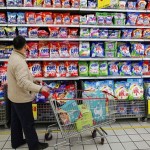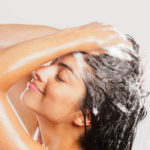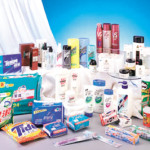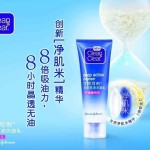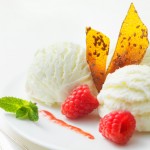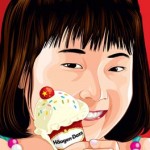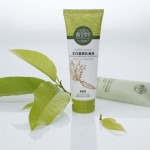Market analysis: Unilever in China
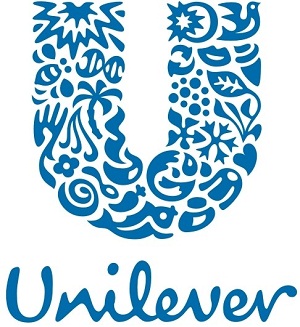 The current Unilever Group came into fruition after the merger between Margrine Unie in Holland and Lever Brothers in England in 1929. Its headquarters in Rotterdam is responsible for its food products, and its office in London is responsible for its cleaning products. There are now 264 production bases. It has a huge sales network in 100 countries over the world, and has over 500 subsidiaries, and has total employees of over 300,000. It is now the world’s second largest producer for fast-moving consumer goods, with an annual turnover of more than 40 billion dollars.
The current Unilever Group came into fruition after the merger between Margrine Unie in Holland and Lever Brothers in England in 1929. Its headquarters in Rotterdam is responsible for its food products, and its office in London is responsible for its cleaning products. There are now 264 production bases. It has a huge sales network in 100 countries over the world, and has over 500 subsidiaries, and has total employees of over 300,000. It is now the world’s second largest producer for fast-moving consumer goods, with an annual turnover of more than 40 billion dollars.
Unilever has 400 brands which fall under 14 different categories. It is currently one of the biggest producers for ice cream, tea drinks, margarine and ingredients and also one of the biggest producers for cleaning products, skin care and hair care products. Everyday there are over 160 million consumers who buy Unilever products. Its famous brands like Lipton(立顿), OMO(奥妙), Lux(力士), Dove(多芬), and Wall’s(和路雪) have all developed to become brands with turnovers of over one billion euros.
In 2009, Unilever invested nearly 891 million euros in research and development. Currently, it has six major R&D centers in England, Holland, America, India, and China. They are working to develop the newest products and methods to better satisfy people’s needs. As one of the world’s largest advertisers, Unilever spends over five billion euros in advertisements.
China: a huge market
No brand can resist the temptation from the Chinese market. Unilever entered China in 1986 in Shanghai(上海), when its first jointly-owned enterprise, Shanghai Unilever, began producing Lux soap. Due to the limited standards of living in China back then, Lux brand was used primarily only by young people as many people did not use soap at all. Today, Lux has become the best-selling soap in China.
Unilever China is responsible for its business in mainland China, Hong Kong(香港), Macau(澳门), Taiwan(台湾) and Mongolia. In the category of family and personal care, its famous brands include Lux(力士), Dove(多芬), Hazeline(夏士莲), Pond’s(旁氏), and Vaseline(凡士林). In the food category, its main brands are Lipton(立顿) and Knorr(家乐). Their main products include chicken essence, salad dressing, peanut butter, red tea, green tea and jasmine tea.
In 2011, Unilever announced that it will establish a production base and sales center in Tianjin(天津) to be put into use in August, 2012.
Unilever’s revenues from China are increasing 15-20% annually and it expects to increase business five-fold by 2020. If Unilever continues its current strategy in China, it may be able to accomplish this.
Daxue Consultant China
Sources:
Credit Photo: Nipic


